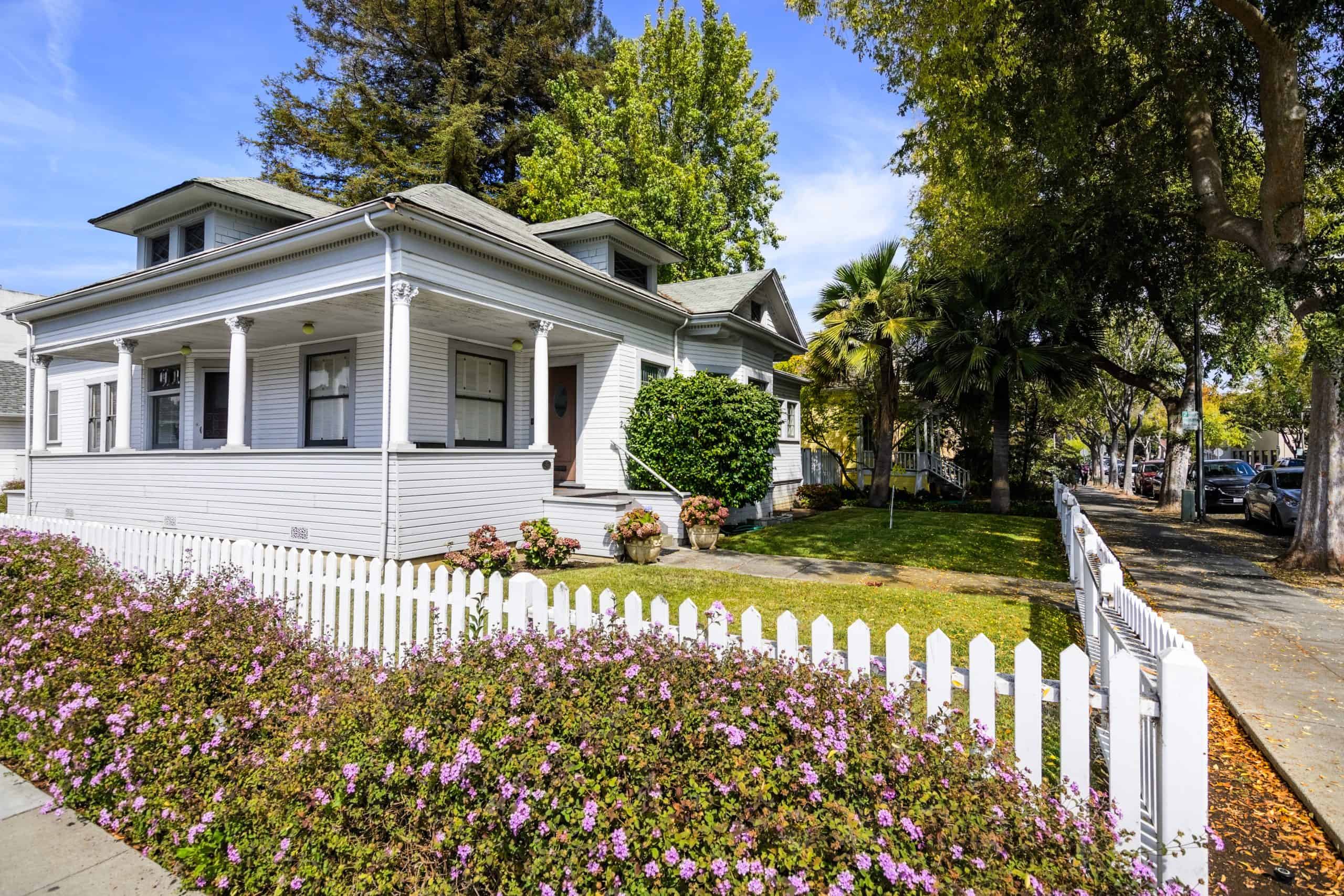All Categories
Featured

When setting up a fence, picking the right product is crucial to stabilizing performance, aesthetics, and budget plan. Wood, plastic, and light weight aluminum are amongst one of the most commonly chosen secure fencing materials, each with its downsides and toughness. This guide discovers the pros and disadvantages of these alternatives to assist you make an educated decision.

Timber Fencing. Pros:. All-natural Beauty: Timber's ageless appeal can enhance any residential or commercial property with its classic and cozy appearance. Adjustable: You can paint, discolor, or sculpt wood to fit your style preferences. Cost effective: Wood fencing is at first a lot more budget-friendly contrasted to a few other products. Eco Friendly: As a renewable energy, timber is eco-friendly and often considered environment-friendly. Disadvantages:. Maintenance-Intensive: Normal securing, paint, or discoloration is required to stop damage from weather condition and insects. Prone to Degeneration: Without appropriate care, timber can rot, warp, or fracture gradually. Much shorter Life-span: On average, wood fences last 10-15 years, relying on the kind of wood and upkeep. Wood is an excellent choice for those who value appearances and agree to buy regular upkeep to protect its appearance and toughness.
Plastic Fence. Pros:. Low Upkeep: Plastic calls for very little care-- just periodic cleansing with soap and water. Climate Resistant: It doesn't warp, rot, or give in to insect damage, making it very resilient in numerous climates. Durability: Plastic fencings can last 20-30 years with little to no fixings. Design Range: Available in a vast array of colors, designs, and textures, including wood-like appearances. Disadvantages:. Higher First Expense: Plastic fencings are a lot more expensive in advance contrasted to wood. Vulnerability to Cold: In very cool climate, vinyl can become vulnerable and brittle to cracking. Restricted Fixing Options: Matching replacement panels can be challenging if damages occurs. Vinyl fencing is excellent for property owners looking for a long-lasting, low-maintenance service that provides contemporary adaptability.

Aluminum Fencing. Pros:. Rust-Proof: Aluminum withstands rust, making it an excellent option for damp or wet atmospheres. Sturdy: Despite being light-weight, light weight aluminum is solid and can withstand extreme weather. Low Maintenance: It calls for minimal maintenance, typically only occasional cleaning. Long Life expectancy: Light weight aluminum fences can last decades without considerable wear and tear. Sophisticated Layout: Often made use of for decorative functions, light weight aluminum fencing adds a sleek, innovative appearance to residential or commercial properties. Cons:. High Initial Financial investment: Aluminum fencings are among the more expensive options on the marketplace. Less Personal privacy: The open designs typical with light weight aluminum fencing don't provide much privacy. At risk to Damage: While sturdy, aluminum can damage if hit with adequate pressure. Aluminum is an excellent option for house owners prioritizing visual appeals and toughness without needing much maintenance.
Making Your Choice. When making a decision between plastic, aluminum, or wood fencing, consider your top priorities:
Timber fits those that appreciate an all-natural look and do not mind placing in upkeep effort. Vinyl is the most effective choice for those seeking a low-maintenance, weather-resistant remedy. Aluminum provides smooth design and long-lasting sturdiness yet may do not have personal privacy. By very carefully analyzing these materials' functions, you can pick a fencing that complements your home while fulfilling your practical and visual needs.
Latest Posts
Add Comfort and Personality to Your Home with Location Rugs
Published Apr 21, 25
1 min read
About Us: Explore More About Montclare Auto Repair and Our Trusted Solutions
Published Apr 21, 25
2 min read
Make Your Desire Fencing a Fact with Easy Funding
Published Apr 21, 25
1 min read
More
Latest Posts
Add Comfort and Personality to Your Home with Location Rugs
Published Apr 21, 25
1 min read
About Us: Explore More About Montclare Auto Repair and Our Trusted Solutions
Published Apr 21, 25
2 min read
Make Your Desire Fencing a Fact with Easy Funding
Published Apr 21, 25
1 min read